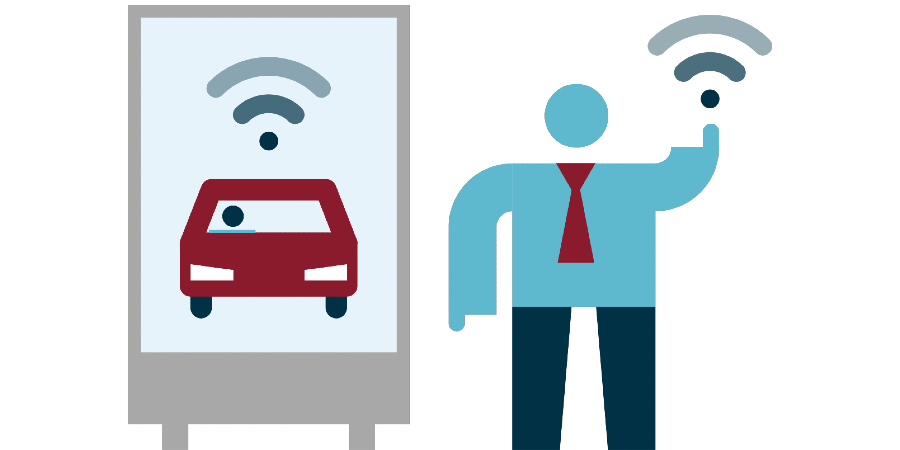Advertising and marketing | UK Regulatory Outlook November 2023
Published on 29th November 2023
EU Commission looks into influencer marketing practices | CAP publishes new rules on adverting of alcohol alternative products | CAP and BCAP publish an update statement on their work relating to the use of digitally altered images in ads

EU Commission looks into influencer marketing practices
The European Commission has published an Influencer Legal Hub and has announced plans to look into influencer marketing online practices. The Commission, in cooperation with the Consumer Protection Cooperation (CPC) Network, plans to screen online posts to identify testimonial and endorsement content that is misleading to consumers. This effectively means we can expect a CPC sweep of influencer marketing content.
Influencer marketing is an emerging topic for the EU. The Commission addressed the issue when it consulted on its fitness check on EU consumer law and has now confirmed that the results of this online "sweep" will be fed into the fitness check. This means it is likely that additional express requirements regarding disclosures for influencer marketing could be part of the proposals for the updates to consumer law.
In the meantime, the Influencer Legal Hub aims to provide influencers with a better understanding of EU consumer law, as well as media and advertising laws applicable to influencer marketing. It comprises a collection of materials including video training, written legal briefs, overviews of important European laws, cases decided by the Court of Justice of the European Union, and more. This is in addition to national requirements – for example, see our Insight on how this issue is addressed is France.
In the UK, influencer marketing also continues to be a hot topic and equivalent materials providing guidance and historic enforcement can be found on the CMA and ASA websites.
CAP publishes new rules on adverting of alcohol alternative products
Committee of Advertising Practice (CAP) and Broadcast Committee of Advertising Practice (BCAP) have released new rules and guidance on advertising of alcohol alternatives. Alcohol alternative products are defined as follows:
Alcohol alternatives are non-alcoholic drinks (for the purposes of the CAP / BCAP Code, those at or under 0.5% ABV) that are intended to replace alcoholic drinks in contexts where they would normally be consumed, such as non-alcoholic beer.
In a regulatory statement CAP and BCAP have summarised outcomes of their consultation on the topic launched in February 2022 and outlined amendments made to Section 18 of the CAP Code and Section 19 of the BCAP Code in relation to alcohol alternatives. The guidance is designed to support advertisers to promote alcohol alternatives in a responsible way and to provide marketers with guidelines on whether an ad is likely to be subject to the rules covering alcohol alternatives.
The new rules and guidance will come into force on 14 May 2024.
CAP and BCAP publish an update statement on their work relating to the use of digitally altered images in ads
CAP and BCAP have provided an update on their ongoing review into the use of digitally altered images in advertising and the potential harmful impact on body image. See our previous Regulatory Outlook for background.
So far, CAP and BCAP do not consider that requiring a label to be added to images in which body parts or proportions have been digitally altered would achieve the goal of protecting consumers from potential harmful impact on their body image perception. CAP and BCAP have committed to continue the assessment of the existing advertising codes to establish whether they sufficiently address harms arising from digitally altered body images in ads. CAP and BCAP intend to release the outcome of their review in spring 2024.
House of Commons library report on regulation of gambling advertising
The UK House of Commons Library has published a research briefing summarising the regulation of gambling advertising. The report considers the current regulatory framework for gambling ads, the gambling industry's voluntary actions taken in response to concerns about gambling advertising and the proposals set out in the gambling white paper published in April 2023.
House of Commons library report on loot boxes in video games
The House of Commons Library has published a research briefing on the issue of loot boxes in video games.
Loot boxes have been defined as "features in video games which may be accessed through gameplay, or purchased with in-game items, virtual currencies, or directly with real-world money". The report considers: (i) the controversies surrounding loot boxes and their similarity with gambling; (ii) how the government has addressed the issue so far, eventually saying that it does not intend to amend gambling law to capture loot boxes (among other things, as set out in the gambling white paper published in April 2023); and (iii) the games industry guidance on loot boxes published in July 2023.
IAB Europe publishes summary of its DSA Ads Transparency Approach
IAB Europe has published a summary of their recommended approach to help the advertising industry, particularly the ad tech ecosystem support online platforms in meeting advertising transparency requirements under the EU Digital Services Act (DSA).
The DSA obliges online platforms to provide users with certain information about every ad carried on their sites or apps. IAB Europe's DSA Ads Transparency Taskforce has developed an industry solution to enable the collection and delivery of the required information. The summary document explains how the standardised protocol works and what participants will need to do to help online platforms comply with their DSA transparency requirements. The full specification will be published by IAB Tech Lab, in collaboration with IAB Europe.
IPA guiding principles for use of generative AI in advertising
See AI section.





